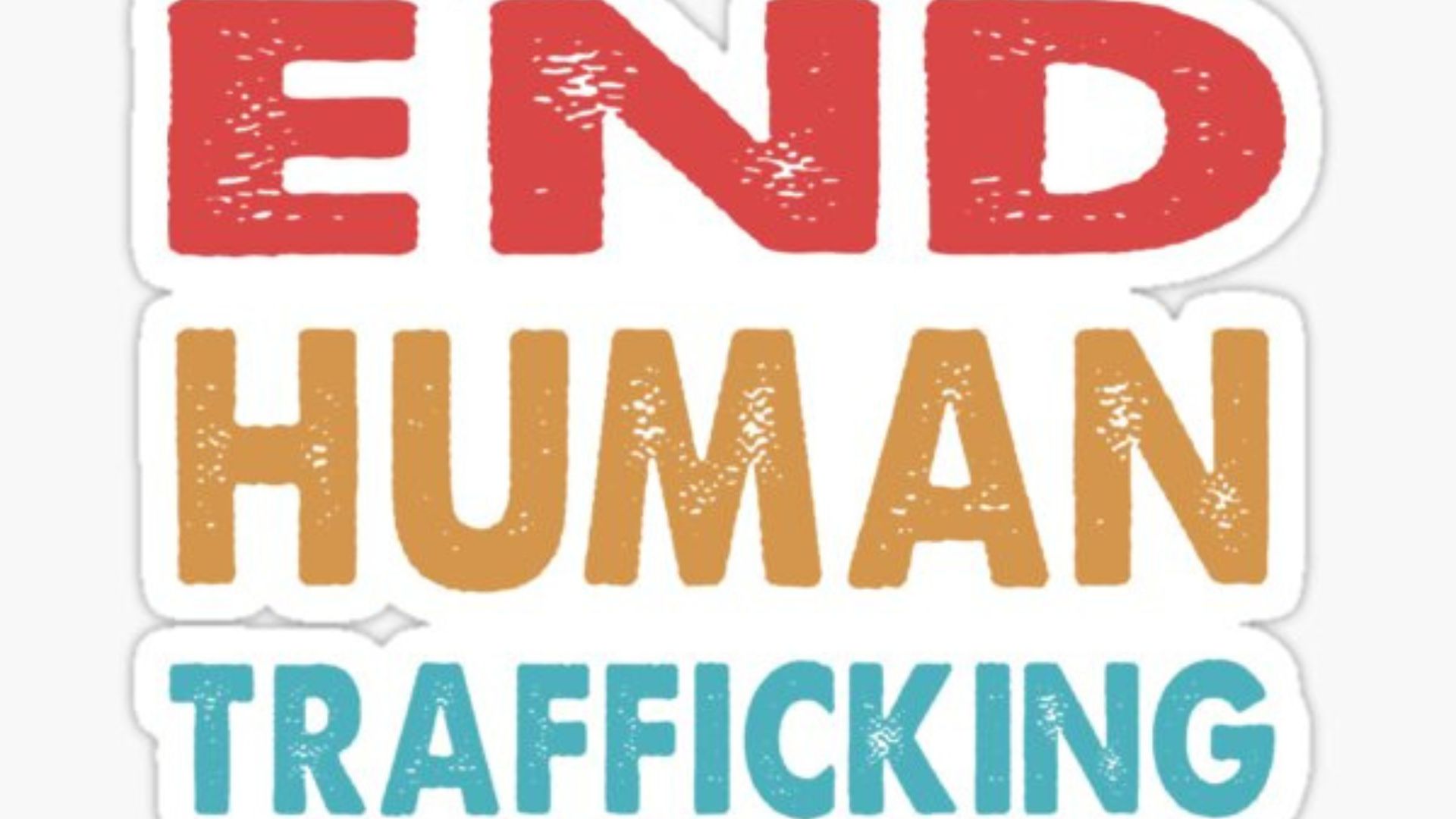|
Getting your Trinity Audio player ready...
|
Human trafficking is an incredibly devastating crime that impacts millions of individuals across the globe. Victims often face unimaginable hardships, and one of the most pressing questions we must ask is: How do Human Trafficking Victims recover? Recovery is neither simple nor quick—it is a long and often painful journey that requires time, patience, and a supportive environment. However, by understanding the recovery process, we can provide more effective support to those who need it most.
In this article, we will explore the various stages of recovery for Human Trafficking Victims and discuss the vital steps that contribute to their healing. Moreover, we will examine the challenges they face and the importance of a comprehensive support system in their journey toward reclaiming their lives.

Challenges Faced by Human Trafficking Victims
The road to recovery is not without its significant obstacles. Human Trafficking Victims endure trauma that affects them physically, mentally, emotionally, and socially. As a result, addressing these challenges is critical for successful recovery.
Physical Trauma
First and foremost, many victims suffer severe physical injuries, abuse, and neglect. Whether through physical violence, malnutrition, or lack of basic healthcare, the toll on their bodies is often debilitating. Moreover, the physical scars left behind can be a constant reminder of their past trauma, making the recovery process even more complex.
Psychological Trauma
In addition to physical harm, Human Trafficking Victims often experience profound psychological trauma. The emotional and mental consequences of being trafficked can manifest as depression, anxiety, and post-traumatic stress disorder (PTSD). These conditions can hinder the healing process, as victims may struggle to trust others, feel a sense of hopelessness, or experience recurring flashbacks to their traumatic experiences.
Social Isolation
Furthermore, many Human Trafficking Victims feel socially isolated and stigmatized after their escape. The trauma they have endured may make them feel disconnected from society, and they may face difficulty rebuilding relationships with family and friends. This isolation can impede their recovery, as human connection and support are essential for healing.
Economic Hardship
Another significant challenge is the economic hardship many Human Trafficking Victims face. Due to their exploitation, victims often lack the skills, resources, and financial stability needed to support themselves. Without access to stable employment or educational opportunities, rebuilding their lives can seem like an insurmountable task.
Legal Challenges
Moreover, navigating the legal system is often overwhelming for Human Trafficking Survivors. Many victims are unaware of their legal rights or may fear law enforcement due to past abuses. In addition, accessing legal services and pursuing justice can be an arduous and intimidating process. As a result, victims may feel discouraged or powerless when it comes to seeking justice or compensation.
Essential Steps in the Recovery Process for Human Trafficking Victims
Despite these immense challenges, recovery is possible with the right support and resources. There are several crucial steps involved in the recovery process, each of which plays an important role in helping Human Trafficking Victims heal and rebuild their lives.
Safety and Security
Above all, ensuring the immediate safety and security of Human Trafficking Victims is of utmost importance. This includes providing a safe and stable place to live, offering protection from traffickers or other harmful individuals, and ensuring access to healthcare services. In many cases, victims may require emergency medical care to address immediate physical injuries or health concerns. Only once they feel safe can victims begin to engage in the deeper healing process.
Trauma-Informed Care
Next, providing trauma-informed care is essential. This type of care acknowledges the lasting effects of trauma and tailors support to meet the specific needs of Human Trafficking Victims. Therapy, counseling, and support groups are critical in helping survivors process their emotions, address mental health issues like depression and anxiety, and rebuild their self-esteem. By understanding the psychological wounds that trafficking victims endure, caregivers can offer compassionate and effective treatment.
Legal Assistance
In addition to emotional and physical healing, Human Trafficking Victims need access to legal support. Legal assistance can help them navigate complex legal systems, file for victim compensation, and seek justice against their traffickers. Furthermore, understanding their legal rights can empower survivors, giving them the confidence to take steps toward reclaiming their autonomy and dignity. Therefore, providing access to legal advocacy is an indispensable part of the recovery process.
Economic Empowerment
Furthermore, providing human trafficking survivors with opportunities to gain education, skills, and employment can help them achieve financial independence. Economic empowerment not only supports their immediate needs but also builds their confidence and gives them hope for the future. This may involve vocational training programs, access to microloans, or partnerships with local businesses. With economic stability, victims can start to rebuild their lives, pursue their dreams, and regain their sense of purpose.
Social Support
Equally important is connecting human trafficking survivors with supportive communities and resources. This can help them rebuild their lives and regain a sense of belonging. Social support is key in helping victims overcome the stigma and isolation they often face. Support networks, including peer support groups and community programs, can offer a sense of solidarity and understanding, making the recovery process less daunting. Moreover, the sense of belonging that comes from being part of a supportive community can be incredibly healing.
Long-Term Care
Recovery from human trafficking is a long-term process that may require ongoing support and care.
The Role of Survivors
Human trafficking survivors play a vital role in advocating for change and supporting other survivors. By sharing their stories, they can raise awareness and help break the stigma associated with human trafficking.
Conclusion
In conclusion, recovery from human trafficking is a challenging journey, but it is possible. By providing essential support, services, and advocacy, we can help human trafficking victims rebuild their lives and to also reclaim their dignity.




